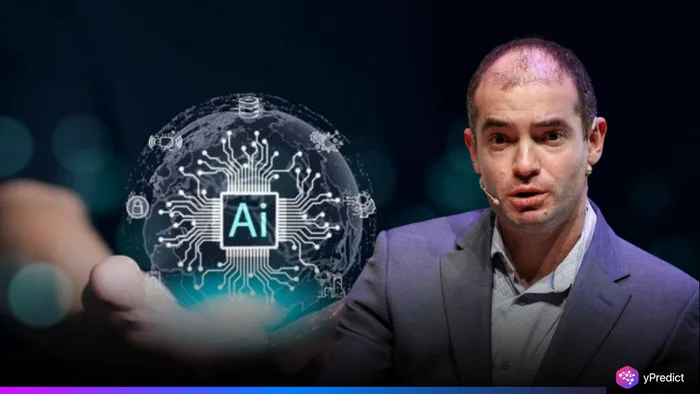
In an intriguing new interview, Ilya Sutskever, co-founder of Safe Superintelligence and former Chief Scientist at OpenAI, has made the warning that artificial intelligence could reach a point where it exceeds human understanding, which leads to a future that is “extremely unpredictable and unimaginable.”
Sutskever, who made fundamental advances in deep learning and neural networks, indicated that AI may soon reach a point where it will be upgrading itself independently, which will initiate an intelligence explosion, a feedback loop of increasing self-improving intelligence that may not be under human control.
From Curiosity to the Cutting Edge of AI
While accepting an honorary degree at the Open University, Ilya Sutskever traced his journey from a curious self-taught teen to a deep learning pioneer. He began studying advanced topics in 8th grade, learning slowly but with determination.
Skipping a traditional high school diploma, he enrolled at the University of Toronto to study under AI legend Geoffrey Hinton. His breakthrough work on AlexNet would go on to transform computer vision and catalyze the modern AI revolution.
From Google to OpenAI to Safe Superintelligence
After the success of AlexNet, Sutskever co-founded a startup acquired by Google, where he furthered his research on large-scale neural networks. He later helped launch OpenAI, envisioning it as a bold attempt to build safe and beneficial AI systems.
In 2023, he left OpenAI to co-found Safe Superintelligence Inc., a new venture laser-focused on AI safety as its sole mission.
His recent comments highlight his growing concern that unchecked AI development may lead to irreversible consequences even if initial intentions are positive.
Unimaginable Power, Unknowable Risks
Sutskever recognizes the great potential of AI for humanity, particularly in health and life extension, but worries humanity is not ready for that. He claims AI systems might eventually be capable of recursive self-improvement, pushing us beyond human control and having less predictable and more difficultly manageable behavior.
In his argument, Sutskever suggests the increasing rate of acceleration for this sort of innovation, or as he states, “to be asked to be responsible for so much innovation is also probably too much for society.”
Conclusion
As one of the foremost thinkers in artificial intelligence, Ilya Sutskever’s note of caution is not one to take lightly. He is saying that while the upside of AI may be stupendous, there is a realistic downside to rapid and self-propelling evolution of which the world has reasonably prepared itself.






